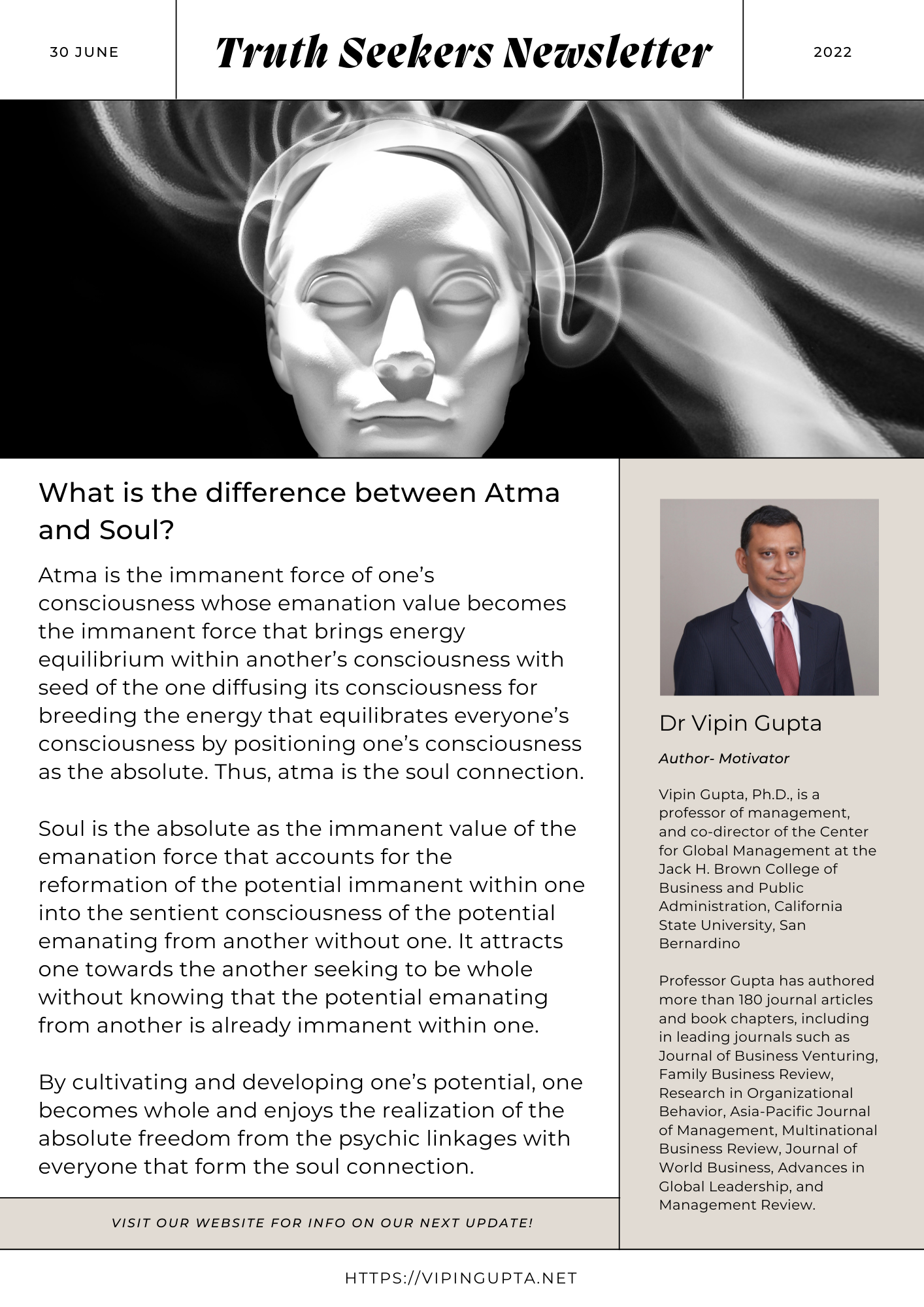Moksha and Nirvana are complements. Moksha means absolute joy. Nirvana means temporary joy. Hinduism prioritizes mastering the technique for deciding the appropriate goal oneself guided by a guru to be a guru. Buddhism prioritizes mastering the technique for dreaming the goal desired by a guru to be a devoted agent of that guru and be the medium helping others to also be a devoted agent.
The joy of realizing the goal decided by someone else in the dream is temporary because everyone in the universe is devoted to their conscious well-being. When you pursue a goal somebody else decides, you divide your conscious well-being into theirs and yours. You never have 100% confidence that the guru who guides you in the dream has your well-being in mind. In Hinduism, the guru teaches you the technique of deciding the appropriate goals, instead of giving you the right goal to pursue. The goal in Hinduism is not nirvana but moksha, i.e., absolute joy. The joy of realizing the goal decided by oneself while awake is permanent and present now because in the present you realize that the goal you decided is only a path to the goal Mother Nature decides for everyone. Mother Nature’s goal is to give each of her children absolute freedom from the vagaries of the wheel of joy.
Share This Story, Choose Your Platform!







 Dr. Gupta traces the journey of a cell, its origins in an atom, its transformation into energy, and how energy norms the potential of divinity within each person.
Dr. Gupta traces the journey of a cell, its origins in an atom, its transformation into energy, and how energy norms the potential of divinity within each person.